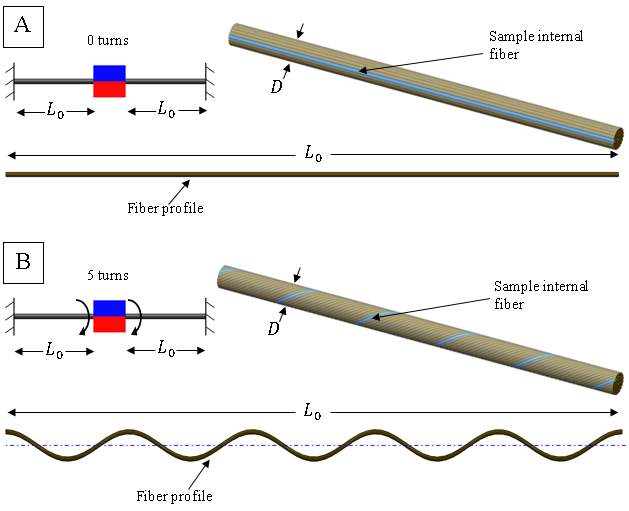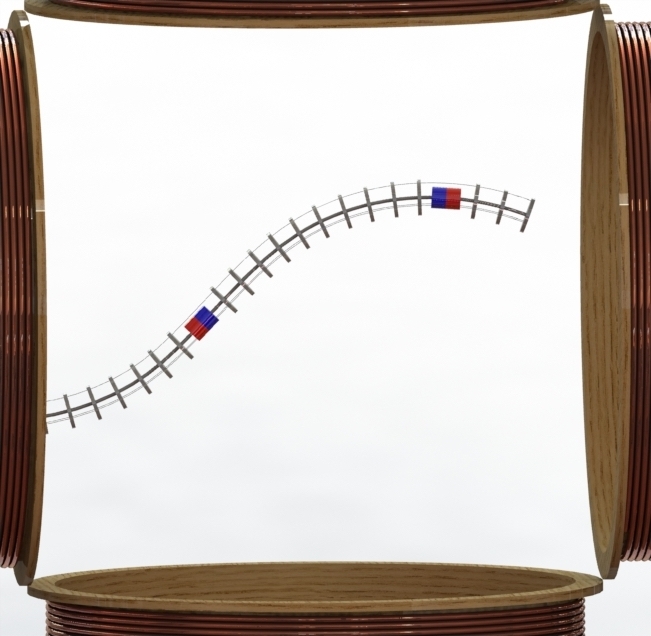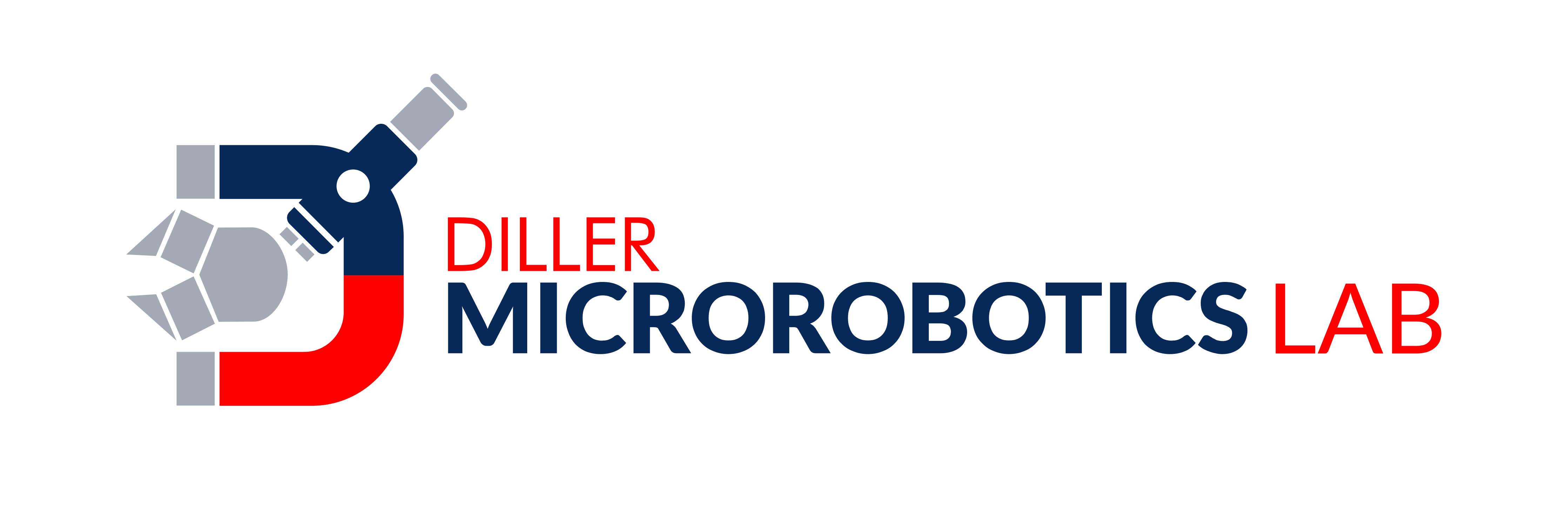Microrobots for Medical Applications
Cable-less, Magnetically-Driven Forceps for Minimally Invasive Surgery
Many tumors are found within the ventricle of the brain, making it difficult for surgeons to get to the surgical site and pull the tumors out. This form of surgery is only applicable to a limited range of tumor types, geometries, and locations. We are designing a robotic system to improve the operability of certain types of tumors. Our work shows that brain tumors can be removed by a wirelessly actuated gripper. We plan to have a magnetic system that can provide magnetic fields for the surgical tools, and demonstrate that our tools are strong enough to perform surgical tasks such as grasping, pulling, and cutting
Amplifying Magnetic Force for Wireless Medical Tools
Increasing strength of untethered magnetic devices using string transmission. Using this method of actuation, the strength of a magnetic medical device can be dramatically increased to allow for relatively small magnetic fields to create forces on the newton scale. This allows for a much more localized and miniaturized set of surgical tools that provide both the high force and dexterity required for safe and efficient minimally invasive surgery.

Magnetic Locking Mechanism for Tendon Actuated Continuum Robots

Design of a tendon driven continuum robot using magnets to increase dexterity and workspace. The design implements magnetic mechanisms to achieve multiple curvatures in a single section, allowing significant reduction in the size of the robot. Our lab is the first to implement magnetic devices on a tendon-actuated robot. Currently most variable stiffness continuum robots rely on state changes based on varying temperature which can introduce health risks in high heat. The final product will be able to provide a more comprehensive and safer tool for use in various applications, such as surgery and industrial inspection.
This project is being conducted in collaboration with the Continuum Robotics Lab of Professor Jessica Burgner-Kahrs.
Capsule Microrobots
The advancement of microrobots has opened the possibility of minimally invasive technology for medical applications. In the future, we believe capsule robots will aid in disease diagnosis and treatment development. Their size allows access to tortuous and/or remote regions of the human body enabling applications in minimally invasive biopsies and targeted drug delivery. Moreover, the capsule’s untethered nature limits damage within the body allowing for improved patient comfort, recovery, and health. Our lab is interested in finding optimal designs for delivery, sampling, and the actuation of the microrobots.

